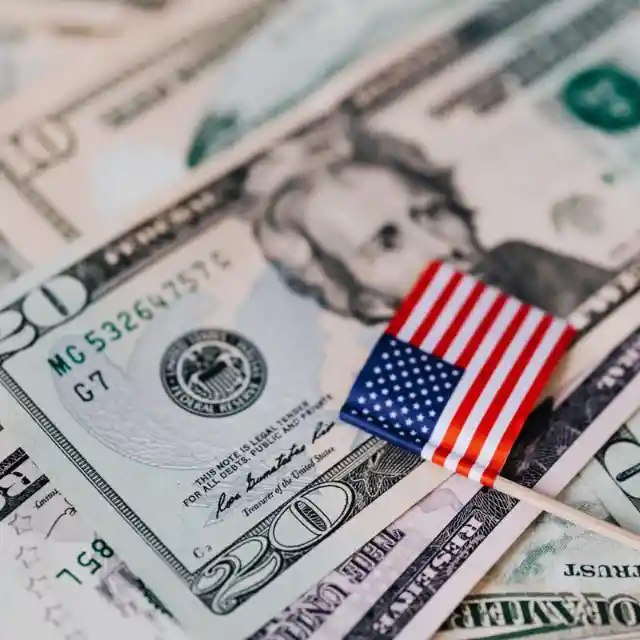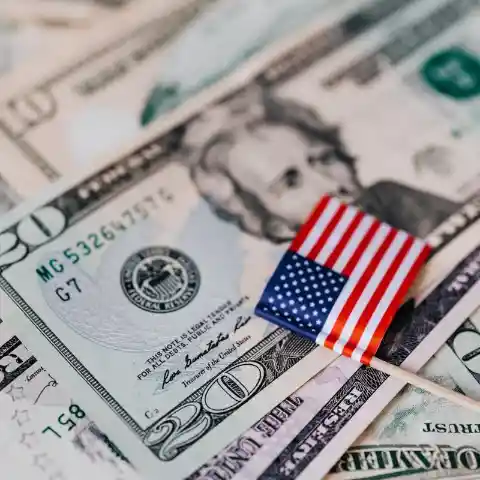

The COVID-19 pandemic has led to significant economic disruption worldwide, with many businesses and individuals facing financial hardship. Governments around the world have implemented stimulus measures to help support their economies and prevent widespread job losses. However, these measures come with potential risks, particularly with regards to inflation. In this article, we will explore the role of government stimulus in economic recovery and its potential impact on inflation.
Governments have implemented various types of stimulus measures to support their economies during the pandemic. These measures include direct payments to individuals, support for businesses and industries, and infrastructure spending. The aim of these measures is to stimulate demand, keep people employed, and prevent a prolonged economic downturn.
While stimulus measures can help support economic recovery, there is a risk that they can lead to inflation. When there is an increase in demand, particularly for goods and services that are in short supply, prices can rise. This is known as demand-pull inflation. Additionally, stimulus measures can lead to an increase in the money supply, which can also contribute to inflation.
To prevent inflation, governments must strike a balance between providing enough stimulus to support economic recovery while not over-stimulating the economy. This requires careful consideration of economic conditions and the potential risks of inflation.
In conclusion, government stimulus can play an important role in supporting economic recovery during times of crisis. However, there is a risk that it can lead to inflation, which can have negative consequences for the economy. Governments must carefully consider the potential risks and benefits of stimulus measures to ensure that they provide the necessary support without causing significant inflationary pressures.